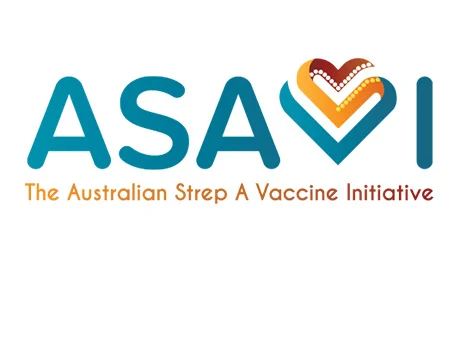Search
Research
Subcutaneous administration of benzathine benzylpenicillin G has favourable pharmacokinetic characteristics for the prevention of rheumatic heart disease compared with intramuscular injectionBenzathine penicillin G has been used as monthly deep intramuscular (IM) injections since the 1950s for secondary prevention of acute rheumatic fever and rheumatic heart disease (RHD). Injection frequency and pain are major programmatic barriers for adherence, prompting calls for development of better long-acting penicillin preparations to prevent RHD.
Research
A Comprehensive Needs Assessment Tool for Planning Rheumatic Heart Disease Control Programs in Limited Resource SettingsRHD is an important cause of disability and death in low- and middle-income countries.
Research
Disparity in Mortality From Rheumatic Heart Disease in Indigenous AustraliansIndigenous Australians are much more likely to die from Rheumatic Heart Disease than other Australians.
Research
The Australian guideline for prevention, diagnosis and management of acute rheumatic fever and rheumatic heart disease (2nd edition)Acute rheumatic fever (ARF) and rheumatic heart disease (RHD) occur at very high rates among Aboriginal and Torres Strait Islander people.
Research
Is Streptococcus pyogenes resistant or susceptible to trimethoprim-sulfamethoxazole?Streptococcus pyogenes is commonly believed to be resistant to trimethoprim-sulfamethoxazole (SXT), resulting in reservations about using SXT for skin and...

People
Professor Jonathan Carapetis AMInstitute Director; Head, Strep A Translation; Co-Founder of REACH

Research
Australian Strep A Vaccine Initiative (ASAVI)The Australian Strep A Vaccine Initiative (ASAVI) is an Australian-led global initiative with the goal of reducing the disease burden caused by Group A Streptococcus (Strep A) infection through effective vaccination.
Research
BPG Formulation Preferences Study: Exploring patient, family and clinician reformulations preferences for BPGThe key objective of this study is to collect data about patient and clinician preferences about reformulations.
Research
Development of a longer acting formulation of Penicillin G for the treatment and prevention of acute rheumatic fever and rheumatic heart diseaseThis project aims to develop a longer acting formulation of penicillin, such that frequency of the injection can be increased up to 3-6 months.
Research
Exploring associations between life course geo-social exposures and rheumatic heart disease in Great BritainThis project aimed to identify the primordial determinants of RHD to inform prevention strategies.
